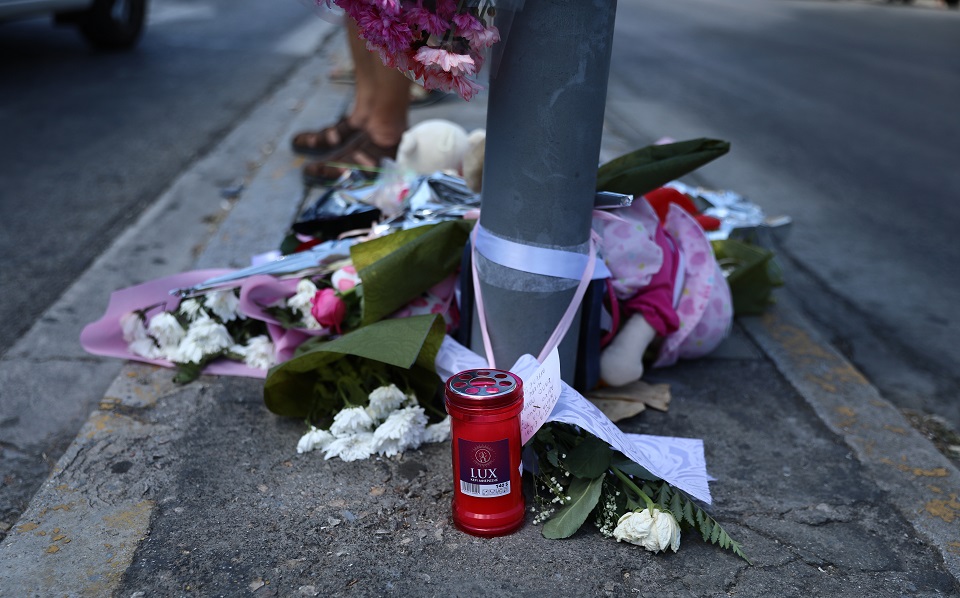Why are our streets so deadly?

Six people {were killed in the streets of Attica in 24 hours from Thursday to Friday, raising some serious questions. Is it just a very unfortunate coincidence, or is it the expected outcome of the sum of a series of particular attitudes? Is six fatalities in one day – and especially when they all occur in the broader metropolitan area of the capital – a number that ought to create some kind of reaction, or can it be dismissed as we deal with more “serious” matters?
Less than a month ago, meanwhile, another six people were killed in the space of two weeks in five accidents on central Athens thoroughfares. Surely we don’t need to look at the official data from the Hellenic Statistical Authority to confirm what we already sense: that the number of traffic accidents is rising – by 10.8% in the first eight months of this year compared with the same period in 2022, in fact – and more people are dying on the country’s roads.
But what is it that makes Greece have such a poor record in this area? Apart from all usual measures that are constantly being demanded and heralded and all the demands and promises that are actually implemented – like more police on the streets, more checks, more cameras and stricter fines – are there no other solutions that do not require a state that coddles its delinquent children? Does a behavior need to be imposed, again and again, so that it takes root? Will people who talk on their phones when driving stop doing so if they get fined for it?
Some argue that if you need stricter rules, you’ve already failed at addressing the real challenge. One of the country’s preeminent authorities and campaigners on road safety, Anastasios Markouizos (who goes by the moniker Iaveris, or Javert), told Kathimerini in a recent interview that he believes “many drivers, and especially younger ones, overestimate their abilities, underestimate the conditions and do not prioritize their own safety or that of the people around them. They are confrontational and aggressive rather than being guided by a sense of empathy and self-preservation. This is why so many lives are unfortunately lost on the streets.”
His observations may be the key to understanding an attitude if not to solving the problem. So, how do we make motorists less overconfident and confrontational? How do we blunt these sharp edges? And how so we do this without blaming everything on the usual culprit, the family? Can faults in a person’s character be fixed like faults in a car engine?
These are complex issues that take a lot of time and discussion to address and may never be fully resolved. In the meantime, though, perhaps we could do something simple like including some kind of simulation in driving classes and tests that help candidate motorists get better control of their impulses.




